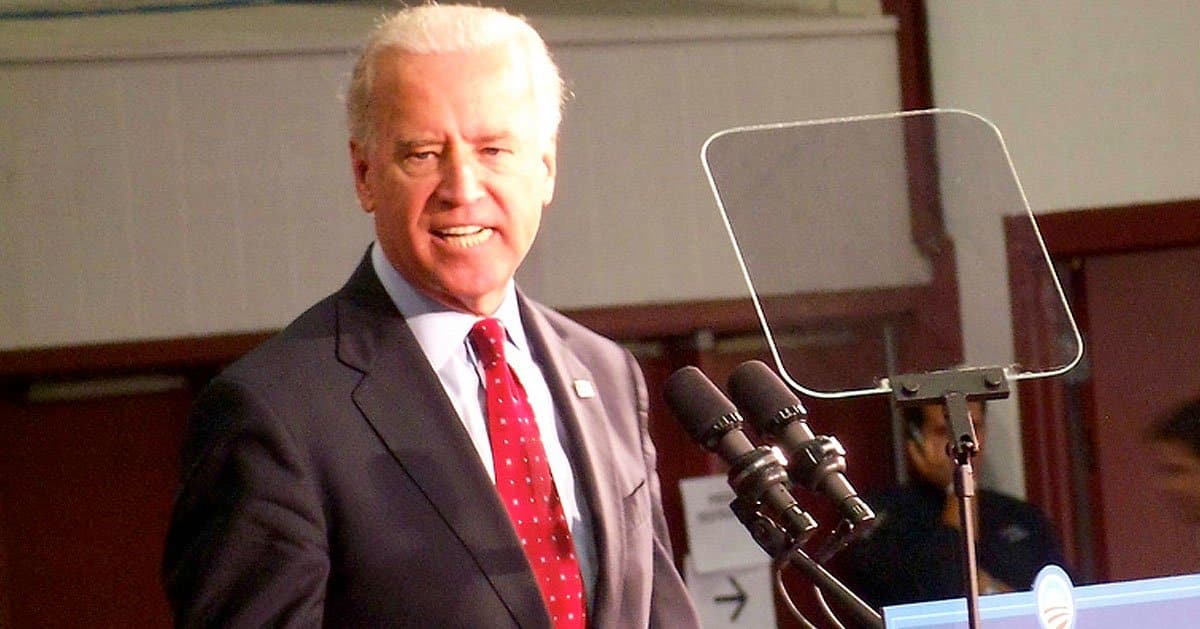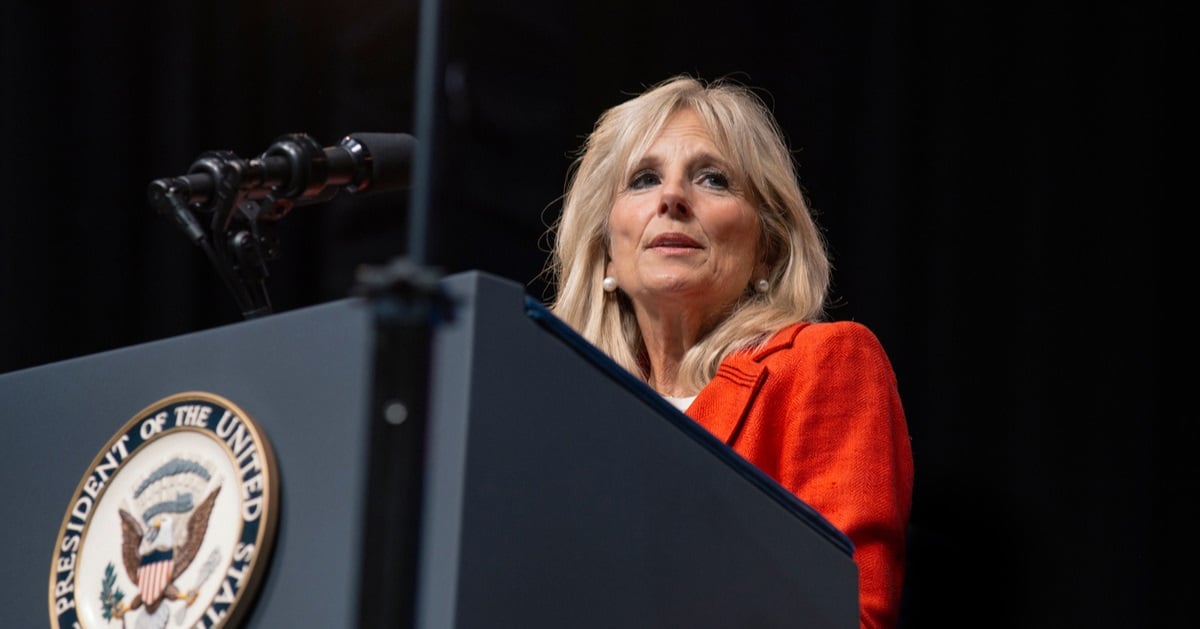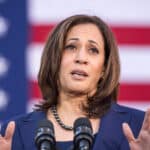




In a period of escalating tensions between the U.S. and China, Chinese President Xi Jinping has reportedly declined President-elect Donald Trump's personal invitation to attend his upcoming inauguration.
CBS News reported that amidst a significant cyber breach alleged to be linked to China, President Xi’s absence at the inauguration is notable, adding another layer to the complex relationship between the two nations.
Shortly after Election Day, it was reported by CBS News that Trump took the unusual step of personally inviting Xi to the presidential inauguration.
Although the move was intended to showcase diplomatic goodwill, its implementation bypassed formal channels, catching both Beijing and U.S. allies by surprise. Historically, it has been exceedingly rare for a foreign head of state to attend a U.S. presidential inauguration.
In keeping with protocol, various world leaders were invited to the event scheduled for Jan. 20. However, no specific confirmation regarding Xi's attendance has been made, and the Trump transition team has not provided comments on the matter.
With the Chinese embassy similarly declining to discuss details, uncertainty lingers around international diplomatic representation at the inauguration.
China will, however, be represented by its ambassador to the U.S. and his wife, along with other Chinese officials. As the incoming White House administration under Trump prepares for the event, it has designated staff members to handle the aspects of diplomatic protocol on the day.
President-elect Trump, while interacting with CNBC, emphasized his "good relationship" and discussions with President Xi.
Nonetheless, he refrained from providing specific insights into these conversations which have not softened strained relations marked by recent cyber incidents. These breaches have brought significant security concerns to the forefront.
The alleged cyberattack, reportedly carried out by Chinese actors, targeted American telecommunications firms and high-ranking officials, intensifying the contentious dialogue surrounding cybersecurity and international politics.
Senator Marco Rubio, nominated by Trump for the role of secretary of state, has publicly expressed his concern, referring to the breach on CBS News as a major and dangerous occurrence affecting multiple U.S. telecom entities.
Western diplomats have speculated that the invitation extended to Xi, whether accepted or declined, could add to the existing pressures within the Trump administration. This comes at a time when U.S.-China relations already face substantial challenges, largely influenced by both countries' network security issues.
The decision to invite Xi was viewed by some experts as a gesture that might further complicate dynamics not just between China and the U.S., but also within the broader scope of international diplomacy. This unanticipated move could potentially unsettle not only diplomatic ties but also internal consensus within Trump's team.
According to the U.S. State Department, not since 1874 has a foreign head of state attended the swearing-in ceremony of an American president, underscoring the atypical nature of Trump's invitation. Diplomatically, such gestures are rare and thus draw considerable attention and analysis from the global political arena.
The evolving narrative between Washington and Beijing is closely watched by international observers, especially as political, economic, and security interests remain intertwined. The inauguration represents a symbolic beginning for the next phase of U.S.-China relations under the auspices of the Trump administration.
As inauguration day approaches, diplomatic protocols remain crucial in maintaining the decorum that accompanies such significant political events.
Staff assigned to oversee the proper management of these protocols reflect the importance placed on international representation and respect for global customs.
Despite the underlying tensions, Trump's team continues to extend the olive branch by ensuring that representatives from various nations are part of this significant event. The absence of a direct response from Xi highlights the different interpretations and diplomatic strategies in play.



